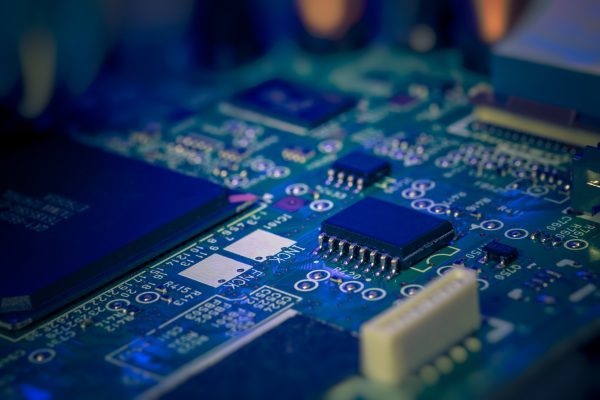Since the U.S. imposed export controls on semiconductors and related technologies to China, its partners – particularly the other members of the “Fab 4,” the Netherlands South Korea, and Taiwan – have at times diverged from Washington’s hardline stance on curbing semiconductor exports to China in order to safeguard their economic interests.
In the most recent example, the Dutch government announced that it would regulate the exports of ASML’s Deep Ultraviolet (DUV) lithography machines independently from the United States. Amsterdam has ruled that from now on ASML will be procuring the necessary license to export their DUV machines to members under the U.S. Bureau of Industry Standards’ Entity List from the Dutch government instead of the U.S. government. This essentially means that the U.S.-mandated export controls will be under the licensing purview of administrators in the Netherlands instead of the United States.
ASML’s DUV machines are a critical set of equipment for semiconductor production. Legacy semiconductors (28 nanometers or larger) are widely used in various electronics and consumer goods, and these older chips are etched using ASML’s commercially successful DUV lithography machines. China, which leads the legacy semiconductor market across the world, contributes 25 percent to ASML’s annual revenue. The move to keep ASML accessible to Chinese customers despite heavy sanctioning on advanced semiconductor technology – at or below 14 to 16 nanometers – reflects the acceptance of China’s position as a critical member to the global semiconductor value chain.
It appears that the Dutch government is wary of the potential economic fallout since the news that ASML, one of the country’s biggest employers, was considering getting out of Veldhoven because of the unfriendly international trade policies from the Dutch government.
ASML’s CEO Peter Elstrom cautioned that U.S. sanctions could actually spur China to accelerate self-sufficiency in chipmaking. Sanctions tend to lose potency over time and may have certain unintended strategic consequences – including incentivizing Chinese industry to close technological gaps independently.
The heavy interdependence in the semiconductor ecosystem means that any action causes certain ripple effects. Recently, following the news of ASML’s relatively bleak financial outlook the stocks of Asian chipmakers such as Tokyo Electron, Renesas, and TSMC also dropped.
The Netherlands is not alone in rethinking the wisdom of export controls on China. At times other U.S. allies such as South Korea have taken a cautious approach regarding the Biden administration’s sanctions on China since it may affect Korean companies’ chip operations in China. Similarly, Taiwan – the world leader in advanced semiconductor production – continues a robust chip trade with China, concerned that implementing strict controls would undercut the economic health of Taiwan’s most important industry.
The divergence of the Netherlands, and potentially other European allies, on semiconductor export controls represents the nuanced approach that national governments are taking. While the transatlantic alliance is there to stay, European nations are poised to preserve their economic autonomy and prevent an escalation that can jeopardize industrial competitiveness.
Following the export licensing reform that the Dutch government undertook, Minister of Economic Affairs Dirk Belijaart met U.S. Deputy Secretary of Commerce Don Graves, with “bilateral cooperation critical emerging technologies” including semiconductors as a key focus. The meeting took an upbeat approach, focused on enhancing trade rather than confrontation over the diverging approach in export restrictions vis-à-vis China. It symbolized a U.S. willingness to cooperate with the Netherlands’ intent to protect its economic interests.


